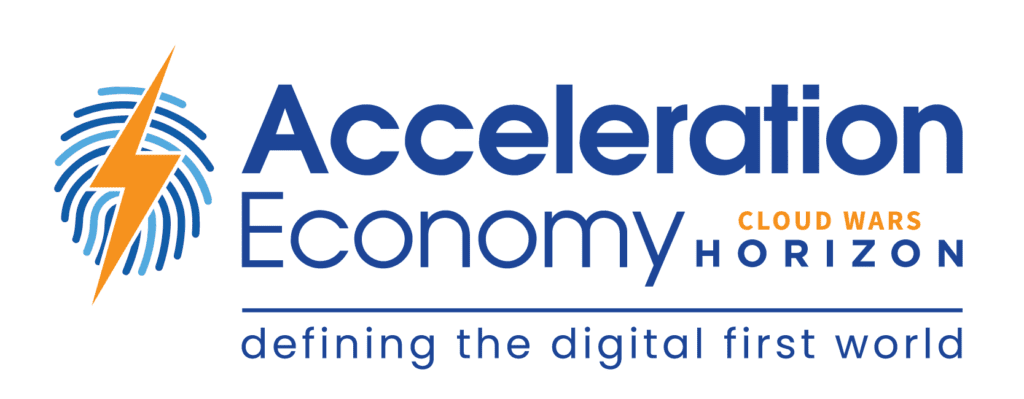Cloud data storage has swept through the business world, promising remote access, cheaper storage costs, and near-infinite scalability. However, with the emergence of Web 3.0 and a push for decentralized solutions, there could be a contender technology ready to compete with the cloud.
Blockchain is, by design, an immutable ledger. This has made it the go-to solution for digital currency providers, but this ledger can store more than just encrypted financial data. Data of any kind can be stored on the blockchain as a hash, and many companies are capitalizing on this use case.
While 2022 was the year of decentralized finance (DeFi) and nonfungible tokens (NFTs), decentralized data storage could be the blockchain trend to watch in 2023. In this article, we’ll explain how blockchain data storage works, its benefits, and explore the companies providing this service today.
How Does the Blockchain Store Data?
The defining feature of blockchain storage is that it utilizes a decentralized network. In regard to public blockchains, the network is distributed over various nodes, storing files on unused hard disk space.
Data uploaded to the blockchain is dismantled into shards, each replicated to prevent file loss and encrypted with a private key so only users with this key can view the original data. The shards are distributed across the network, and the transaction is recorded on the ledger. It’s an immutable record of the data and its lineage.
When you request your data for download, the shards are reassembled. Nodes are rewarded, usually in digital currency tokens, for storing and retrieving your data. Decentralized storage networks are p2p, so there is no centralized authority or single point of failure.
What Are the Benefits of Storing Data on the Blockchain?
Decentralized data storage has numerous benefits, and many of these features differentiate the mechanism from cloud storage alternatives.
Cost: One of the core benefits of storing data on the blockchain is lower costs. Cloud storage systems require expensive infrastructure to store data, even though this infrastructure isn’t an on-prem responsibility for your organization.
While decentralized storage requires users to pay nodes, the running costs are diminished by such a margin that the blockchain option is considerably cheaper.
Security and privacy: Centralized storage is vulnerable to attack by cybercriminals, and that’s because there is a single point of failure. Decentralized architecture lowers the risk of a cyber attack because data is distributed.
Sensitive information, as well as being secure, remains private on the blockchain. The only way to reassemble sharded files is to use a private key known only to data owners or trusted colleagues. Ultimately, encryption keys aren’t stored on centralized servers by default.
File integrity: Data stored on the blockchain can’t be altered because the ledger is immutable, meaning files retain their integrity. Traditional databases don’t work in the same way, so files can be edited, updated, and deleted, either accidentally or maliciously.
Beyond this, because your data is never moved to another server, you can always access it using the original pathway.
Key Players
There are a number of companies operating in the decentralized data storage space, and the sector is expanding. Most recently, four major players in the blockchain space, Protocol Labs, Filecoin Foundation, AMD, Seagate, and EY, launched the Decentralized Storage Alliance to increase awareness and encourage the adoption of decentralized technologies.
Filecoin: Filecoin enables users to store data on a p2p network built on the InterPlanetary File System (IPFS) developed by Protocol Labs. The network includes a reward mechanism for nodes, or storage providers. You can join the Filecoin network as a customer or as a storage provider. Storage fees are decided on an open market basis, and nodes are rewarded in Filecoin’s native cryptocurrency, FIL.
Sia: Sia has developed a trustless cloud storage marketplace that enables users to carry out direct transactions regarding data storage services in the digital currency Siacoin. Storage providers are known as hosts, while users that upload files through the Sia network are called renters.
WeSendit 3.0: WeSendit is an aggregator for decentralized data storage services, including Filecoin and Sia. It enables users to interact with various providers through its interface and transfer data from them via a decentralized network.
Wrap Up
While decentralized storage presents many opportunities for companies in the acceleration economy, it’s important to recognize some of the downsides. Firstly, there’s performance. Because decentralized data storage requires more actions than regular cloud storage, data retrieval can be slower.
And then there’s data modification. Although one of the benefits of blockchain is that you can’t alter data, this can also be a hindrance for organizations. So, should you be moving away from the cloud for your storage solutions? Let’s see what 2023 brings.









